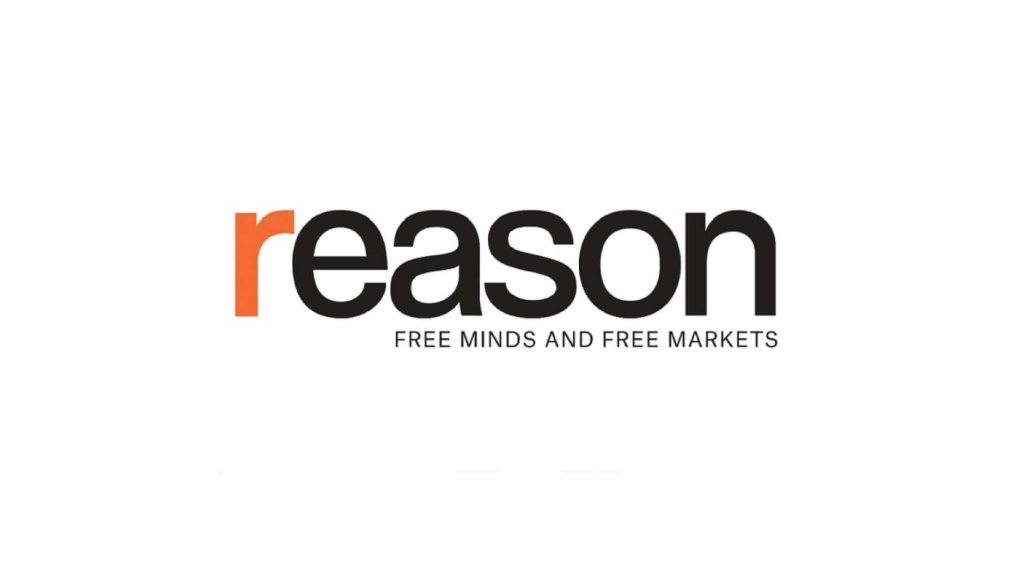Promising Federal School Choice Bill Faces Uncertain Prospects
Education choice is booming in popularity across the United States, and the federal government may be ready to join the rush—that is, if everything goes just right.
A growing number of state governments have been getting out of the way of parents who want alternatives to government-run schools for their children. That’s meant a bonanza of options including homeschooling, charter schools, private schools, and programs like education savings accounts that make education funds portable so families can use them for the approaches of their choice.
Federal Tax Credits To Fund School Scholarships
The Trump administration’s sympathy to school choice creates an opening to expand education freedom to the whole country. The president has ordered the federal bureaucracy to facilitate choice in several important ways. And while its prospects are up in the air, the Educational Choice for Children Act (ECCA) now being considered by Congress would offer tax credits for donations to fund scholarships for children who want to attend independent schools.
“We must empower parents with more options, acknowledging they have the final say in what educational setting is best for their children,” Rep. Adrian Smith (R–Neb.), a co-sponsor of the legislation, commented upon the introduction of the ECCA in January. “ECCA will benefit public, private, and homeschool students and increase the quality of education in our country.”
To that end, the bill would “amend the Internal Revenue Code of 1986 to allow a credit against tax for charitable donations to nonprofit organizations providing education scholarships to qualified elementary and secondary students.” Donations would be capped to the greater of $5,000 or 10 percent of the adjusted gross income of an individual taxpayer, or 5 percent of a corporation’s taxable income. Students could benefit from scholarships funded by the tax credit if they are eligible to attend a public elementary or secondary school and come from a household “with an income which is not greater than 300 percent of the area median gross income.”
There’s more to it than that, but the bill would a
Article from Reason.com

The Reason Magazine website is a go-to destination for libertarians seeking cogent analysis, investigative reporting, and thought-provoking commentary. Championing the principles of individual freedom, limited government, and free markets, the site offers a diverse range of articles, videos, and podcasts that challenge conventional wisdom and advocate for libertarian solutions. Whether you’re interested in politics, culture, or technology, Reason provides a unique lens that prioritizes liberty and rational discourse. It’s an essential resource for those who value critical thinking and nuanced debate in the pursuit of a freer society.



